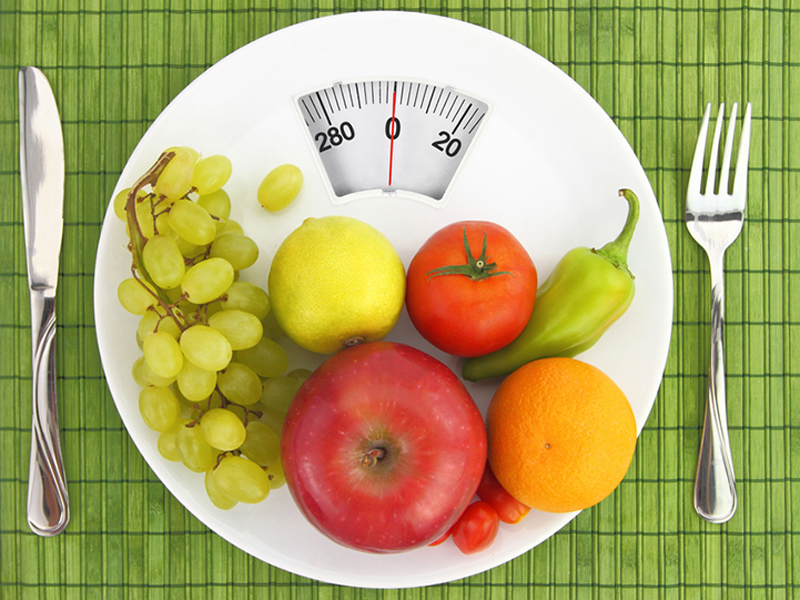The latest from the leading medical journals
Here’s the latest research from the leading medical journals, including studies on dementia risk, salt reduction health policies and a new urine test for diet.
Exercise key dementia factor
A lack of exercise and sitting down most of the day can raise the risk of dementia for older people as much as a genetic pre-disposition to the disease, a new study shows.
The researchers analysed the physical activity, over five years, of more than 1,600 adults aged 60 and older who had no dementia at the start of the study.
For adults who did not have the APOE e4 gene – which predisposes a carrier as between three and 12 times more likely to develop Alzheimer’s – those who did not exercise were just as likely to develop the disease as the gene carriers.
For the APOE e4 carriers, however, there was no significant difference in dementia risk between those who did, and those who did not, exercise.
Journ Alzheimer’s Disease; online 16 January
Salt reduction a ‘best buy’
Lowering salt intake is highly cost-effective and could prevent millions of early deaths worldwide, a study shows.
Researchers found that cutting sodium levels by 10% in 183 countries would avert around 5.8 million lost life years due to disease every year.
The health policy was found to be cost-effective in every country studied, at an average cost of 1.13 international dollars per person over a decade to implement.
This is much cheaper than pharmacological interventions to reduce cardiovascular disease.
Currently, most adults exceed the maximum sodium intake of 2g a day recommended by the World Health Organisation.
Urine test for diet
UK researchers have invented a urine test that could make diet diaries redundant.
The team analysed urine samples of 20 participants who were put on four different diets for three days.
Using 1H-NMR spectroscopy, the team found that each diet had a distinct urinary metabolic profile. The team also correctly predicted the diets of participants in a previous study.
The urine test is still in an early stage of development but it could ultimately replace self-reported diet data.
“Around 60% of people misreport what they eat,” said lead researcher Professor Gary Frost.
“This test could be the first independent indicator of the quality of a person’s diet.”
Lancet Diabetes Endocrinol 2017, online 12 January
Blood pressure on the rise
The global population with dangerously high systolic blood pressure (SBP) has increased over the past 25 years.
A survey of more than eight million people across 154 countries showed an 18.6% increase in the rate of SBP of 140mm Hg or higher.
Morbidity and death caused by SBP also increased, with lost disability-adjusted life-years (DALYs) associated with hypertension rising from 5.2 million to 7.8 million.
The elevation of blood pressure around the world might be driven by changes in salt intake, fruit and vegetable consumption, obesity and physical activity, the authors said.


